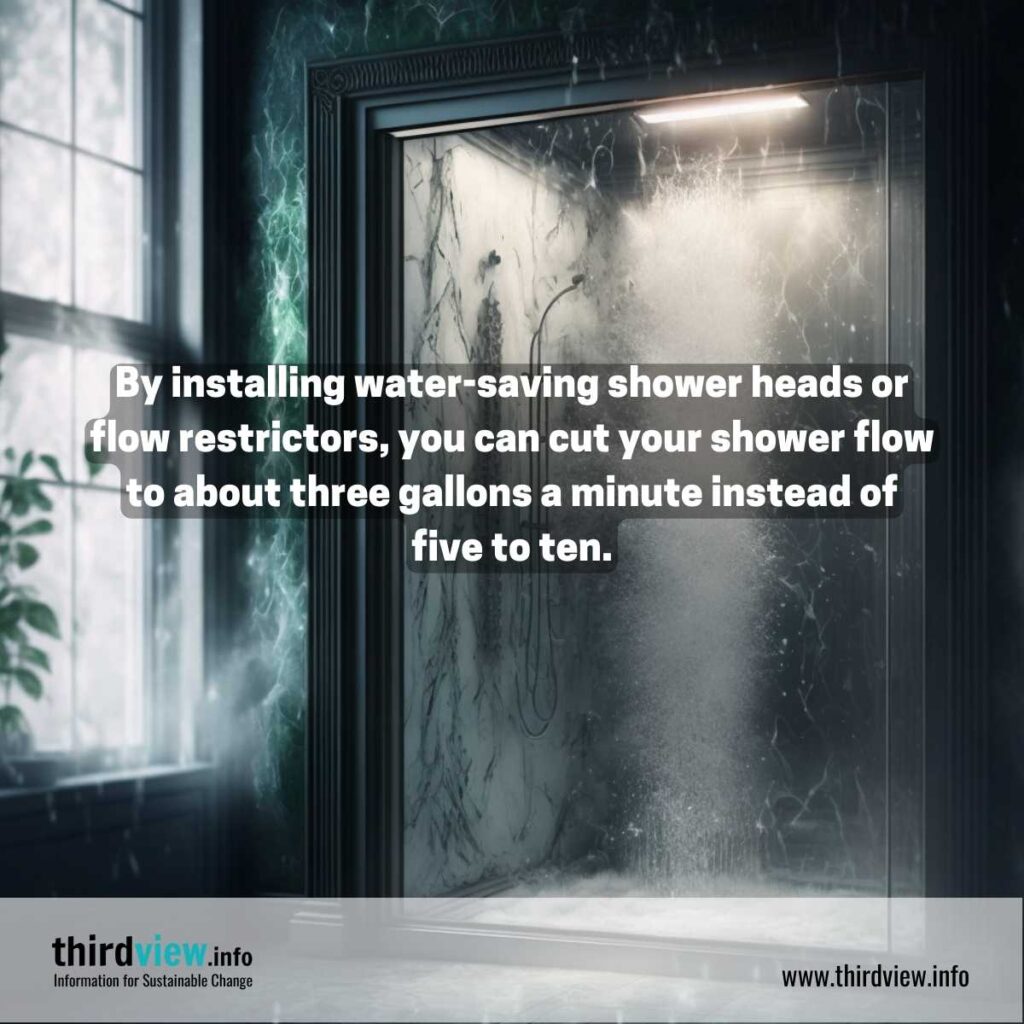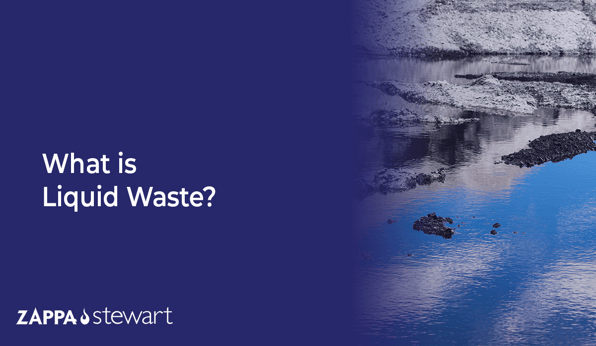The Definitive Guide to Reclaim Waste
The Definitive Guide to Reclaim Waste
Blog Article
The smart Trick of Reclaim Waste That Nobody is Discussing
Table of ContentsSome Ideas on Reclaim Waste You Should KnowThe 4-Minute Rule for Reclaim WasteReclaim Waste - The FactsHow Reclaim Waste can Save You Time, Stress, and Money.10 Easy Facts About Reclaim Waste Shown
With proper liquid waste management, companies can decrease energy-intensive therapy procedures and disposal expenses. By following a system for handling liquid waste, business can avoid expensive fines and charges and prevent negative publicity.(https://blogfreely.net/reclaimwaste1/yc311a58b1)Gather depictive samples from different points within the waste stream to guarantee precision. Conduct routine testing to track any changes in the structure. Maintain comprehensive documents of characterization for future referral and conformity objectives. Fluid waste, specifically hazardous ones, postures considerable threats throughout this action. Proper treatments reduce spills, leakages, and other crashes that could hurt the employees and the public.

Disinfection (e.g., chlorination, ultraviolet light, ozonation) and nutrient removal (e.g., denitrification and phosphorus removal) are recommended under stringent regulations. Numerous firms went against a number of liquid waste disposal regulations in current years.
Some Known Details About Reclaim Waste

are used by sectors that create large volumes of low-toxicity liquid waste. Shallow basins contain liquid waste that is allowed to evaporate via all-natural processes. The deposit left can be gotten rid of in landfills. entails melting fluid waste at heats and converting it right into gas and ash. This kind of disposal goes through rigorous environmental guidelines because of potentially unsafe exhausts.
The findings must be documented, analyzed, and stored not just for entry to governing authorities but also for making renovations in the future. Share details with relevant stakeholders (e.g., staff members, regulatory government agencies, and nearby neighborhoods) to maintain transparency and accountability.
Comprehending these can assist them properly manage their operations and reduce their environmental impact. Companies that can't invest in facilities ought to take into consideration collaborating with the public sector for much better remedies.
Indicators on Reclaim Waste You Need To Know
By executing detailed administration systems that include therapy and recycling strategies, regular tracking, risk analyses, and adherence to neighborhood and federal policies, commercial facilities can add to the defense of groundwater supplies, ensuring their availability for future generations (liquid waste removal). Let's look into the significance of efficient liquid waste administration in the industrial industry, concentrating on its implications for safeguarding groundwater sources
The pollution of groundwater resources because of inappropriate fluid waste management in the commercial market has significant repercussions for human health and wellness, agriculture, and the environment all at once. Several of the possible effects brought on by such contamination consist of: Infected Alcohol consumption Water Products: As groundwater provides a significant section of our drinking water, contamination from industrial tasks can cause dangerous chemicals and microbes entering our water systems, presenting wellness dangers for humans.
Minimized Agricultural Efficiency: Agriculture depends heavily on groundwater for irrigation; as a result, polluted water can impede crop returns, infect farming products, and affect food security. Given the significance of preserving groundwater resources, it is essential for services to take a positive stance in handling their liquid waste properly and stopping pollution.
7 Simple Techniques For Reclaim Waste
Liquid waste can contaminate land and pollute waters. Details regarding taking care of and keeping fluid waste, responding to spills and lowering fluid waste is available in the following truth sheets and guidance:.
Water, the essence of life, is under consistent threat from contamination. The duty of waste management experts in safeguarding this valuable description source can not be overemphasized. Their services consist of: Septic tank and oil trap cleaning: Important for protecting against damaging toxins from entering our water systems. Polluted water and infected effluent monitoring: Making sure that harmful fluids are securely eliminated and treated before they can harm our water sources.
Therefore, integrating sustainable fluid waste monitoring right into financial preparation improves financial stability and protects the atmosphere, showing the value of this strategy. In verdict, adopting professional fluid waste administration techniques is vital for making sure a sustainable future, safeguarding our setting and safeguarding the wellness of future generations.
When it comes to throwing away waste, adhering to correct procedures is critical for a plethora of reasons. Proper waste disposal is not practically sanitation; it has to do with making sure the well-being of our atmosphere, wellness, and the effective use sources. Recognizing the significance of effective waste monitoring can aid us all add to a healthier, cleaner world.
Reclaim Waste Can Be Fun For Everyone
Efficient waste administration helps keep tidy roads and public rooms, decreasing the aesthetic influence of clutter and making certain that waste does not hurt wildlife. When waste is not disposed of effectively, it can cause contamination, where damaging materials can leach into the soil, water systems, and the air, producing lasting environmental troubles.
Report this page